Women who underwent abortions face "trauma" as protests continue in Scotland
and live on Freeview channel 276
Megan Braithwaite, 39, had an abortion for medical reasons in Edinburgh eight years ago. It was her first pregnancy and both her and her husband were trying for a baby.
"It was at the 20-week screening when we found out that the baby had a fetal anomaly and it was truly awful”, she said.
Advertisement
Hide AdAdvertisement
Hide AdA week after this, Megan made the decision to go through a medical abortion.
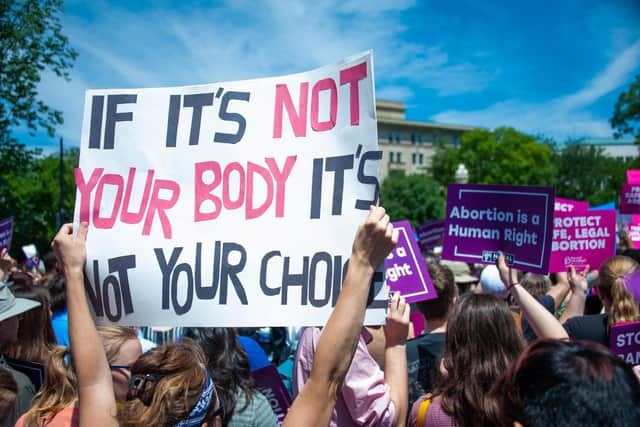

"The staff at Edinburgh Royal Infirmary were amazing,” said Megan. “It was a beautiful experience in a really sad way. It was not this massacre and butchering that these vigils give the idea of but as peaceful as a traumatic experience could be.”
Yet, leaving the hospital “empty-handed”, Megan then witnessed an anti-abortion protest outside.
"I was already in floods of tears in the car and I just remember looking up and they had placards and I just remember looking at this image of a dead baby on one of them.”
Advertisement
Hide AdAdvertisement
Hide AdFor Megan, this image became “mixed up with the peaceful, supportive experience” and she remembers feeling “horrified” by it.
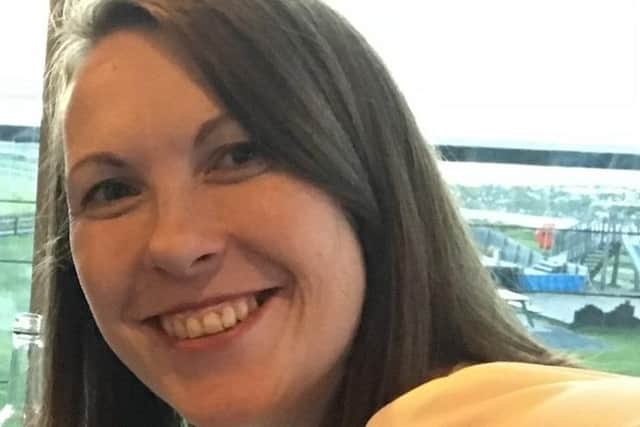

The graphic image had to be “unpicked” through post-abortion counselling which Megan attended for a year. Yet, eight years later, the image is still in her head.
Megan has gone on to give birth to two healthy children but during these pregnancies she was fearful of the protests.
Experiences like this frustrate Dr Audrey Brown, a consultant in sexual and reproductive health in Scotland, who provides abortion care.
Advertisement
Hide AdAdvertisement
Hide AdSitting on the Scottish Government’s buffer zones working group, Dr Brown said she is in favour of implementing buffer zones to protect women’s access to healthcare.
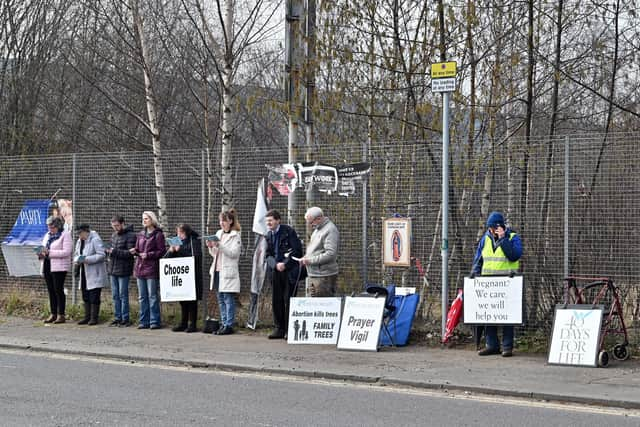

The medical expert said: "Staff caring for people who have decided to get abortions have spent a number of years in training and it does get frustrating when people without any training assume they know better.
“We wouldn’t tolerate this behaviour for other forms of healthcare so why would we tolerate it for abortion?
"Some people may have decided to have an abortion as they are living with gender-based violence, they may have been sexually assaulted, they can’t cope with a child – there’s many different reasons.”
Advertisement
Hide AdAdvertisement
Hide AdCampaign group Back Off Scotland is calling on the Scottish Government to implement 150m anti-abortion protest buffer zones.
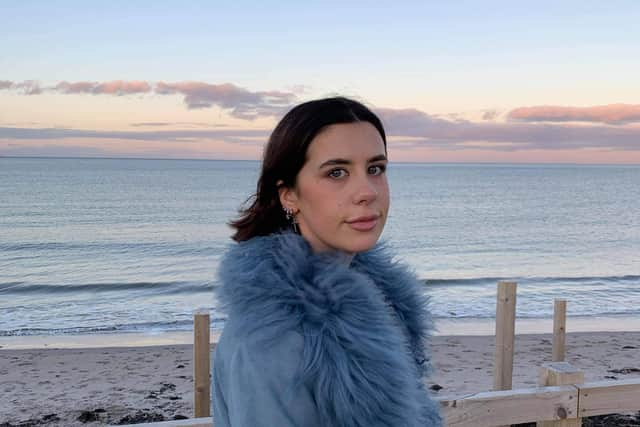

Alice Murray, 23, who is involved in the group, went through an elective abortion in her third year at Edinburgh University when she was 20.
She was met by protesters outside Chalmers Clinic at her first appointment.
During her appointment, there were around six protesters outside the clinic but Alice said their presence was enough to feel intimidated.
Advertisement
Hide AdAdvertisement
Hide Ad“Anyone outside a healthcare clinic saying your decision is wrong is pretty targeted,” said Alice. “The last thing you want is that distraction. If there were buffer zones then it would mean they were away enough from the clinic where you can avoid them and take a different route home.
Lily Roberts, a 22-year-old Glasgow University student, went through a medical abortion at the Queen Elizabeth University Hospital in Glasgow during her first year at university.
In April, over a hundred protesters from the anti-abortion group 40 Days for Life gathered outside the Queen Elizabeth Hospital.
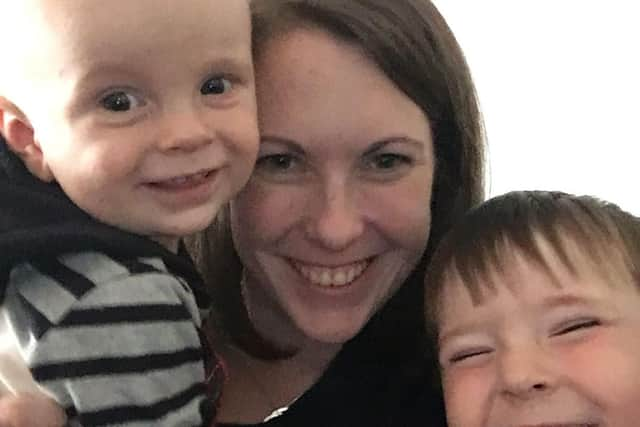

For Lily, much like Alice, the decision was straight-forward. She was beginning her studies and she did not want a child.
Advertisement
Hide AdAdvertisement
Hide AdLily was left angered by campaigners outside on her second visit to the ward.
"It was a big group of around 15 to 20 people and they had these signs with the classic narrative of guilt-tripping”, she said. "My appointment was very long and the whole time I was there I felt very unnerved by the thought of having to walk past this group again.”
Whilst in the hospital, her partner was approached by protesters outside who tried to hand him a leaflet and provide “help”.
Lily said: "That really freaked me out because it showed an element of surveillance and my privacy was completely undermined.”
Advertisement
Hide AdAdvertisement
Hide AdThe Society for the Protection of Unborn Children (SPUC) claims 'pro-life vigils’ offer ‘support’ for women who ‘see abortion as their only option’.
SPUC said vigils are in place to “peacefully pray for the well-being of the pregnant women who feel pushed towards abortion”.
However, Dr Pam Lowe, co-author of Anti Abortion Activism in the UK said she is concerned about the impact ‘erroneous claims’ from protesters are having on women seeking abortions.
Dr Lowe, an expert in reproductive and sexual health from Aston University, said her five-year research showed most protesters are “conservative Christians” who see all women as mothers.
The expert said: “To them, no ‘mother’ chooses this.
Advertisement
Hide AdAdvertisement
Hide Ad“They genuinely believe they are saving women from the abortion they don’t want to have but it is absolutely not true.
“Women have lives outside being mothers. They will never understand that what they are doing is wrong or harassment because to admit any of those things would undermine their religious values.”
The First Minister told The Scotsman last week there are “some complex legal issues involved” in implementing buffer zones, adding any laws which are passed need to “be compliant” with other areas such as the European Convention of Human Rights Act.
A draft member’s bill on buffer zones brought forward by Green MSP Gillian Mackay is expected to be published by mid-May this year.
However, this could take over a year to implement.
Women’s Health Minister Maree Tod has said she is “very sympathetic” to Ms Mackay’s members bill adding: “I want us to see progress as quickly as is practicable”.
Comment Guidelines
National World encourages reader discussion on our stories. User feedback, insights and back-and-forth exchanges add a rich layer of context to reporting. Please review our Community Guidelines before commenting.